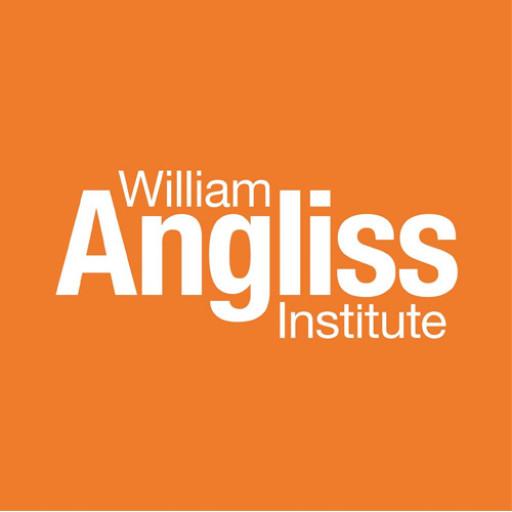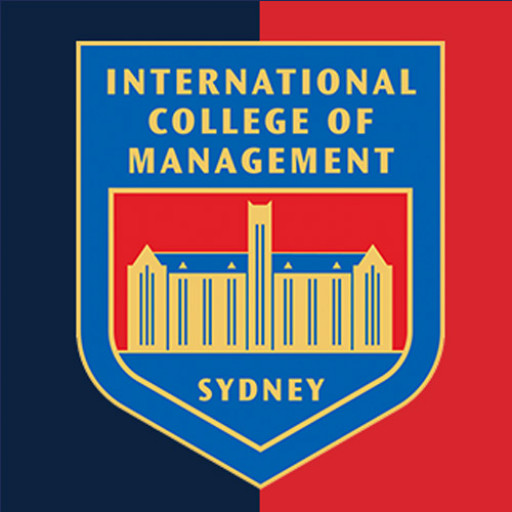Tourism is a vibrant and dynamic industry that offers diverse career opportunities around the world. The William Angliss Institute's Tourism program is designed to equip students with a comprehensive understanding of the tourism sector, including its operations, management, marketing, and sustainable practices. The curriculum provides practical skills and theoretical knowledge essential for working in various roles within the tourism industry, such as travel consultancy, tour operations, event planning, and destination management.
Throughout the program, students will explore topics such as customer service excellence, tourism product development, digital marketing, and industry trends. The coursework emphasizes real-world applications, allowing students to engage in work placements and industry projects that foster practical experience and professional connections. The institute's strong industry links ensure that graduates are well-prepared to meet the demands of a competitive job market.
The program also focus on developing essential soft skills, including communication, teamwork, problem-solving, and intercultural awareness, which are crucial for delivering exceptional experiences to tourists from diverse backgrounds. With a blend of classroom learning, industry insights, and hands-on training, students will gain the confidence to innovate and lead in the evolving tourism landscape.
Graduates of the Tourism program are equipped not only with industry-specific skills but also with a global perspective, enabling them to pursue careers domestically and internationally. The William Angliss Institute is committed to fostering professional success and providing a supportive learning environment that encourages creativity, entrepreneurship, and lifelong learning. Whether students aim to work in travel agencies, tour companies, hotels, or start their own ventures, this program provides a solid foundation for a rewarding career in tourism.
The Tourism program at William Angliss Institute is designed to provide students with comprehensive knowledge and practical skills essential for a successful career in the dynamic tourism industry. Throughout the course, students will explore a wide range of topics including tourism operations, destination management, hospitality services, customer experience, marketing, and sustainable tourism practices. The program emphasizes real-world applications, allowing students to engage in industry placements and practical projects that simulate authentic workplace environments. Participants will acquire essential skills in communication, teamwork, problem-solving, and cultural competency, preparing them to confidently serve diverse clientele in various sectors such as travel agencies, tour operators, hotels, and tourism attractions.
The curriculum covers the fundamentals of tourism management, including understanding tourism products and services, designing customer-focused experiences, and utilizing digital tools for effective marketing. Students also learn about industry regulations, health and safety standards, and ethical considerations relevant to tourism operations. Moreover, the program highlights the importance of sustainability and responsible tourism practices, encouraging students to become advocates for environmentally and culturally sustainable tourism development.
Students enrolled in this program benefit from hands-on training through various practical modules, including supervised industry placements that foster real-world skills and networking opportunities. These placements enable students to gain valuable insights into daily industry operations, enhancing their employability upon graduation. The program’s flexible structure allows part-time or full-time study options, catering to different learner needs. Upon successful completion, graduates will be equipped with the knowledge and skills required for entry-level roles within the tourism industry, including roles in customer service, event coordination, destination marketing, and tourism administration.
William Angliss Institute’s Tourism program is ideal for individuals passionate about travel, hospitality, and cultural exchange, seeking to develop a strong foundation in tourism operations and management. The institute’s strong industry connections ensure students are kept up-to-date with current trends and practices, positioning them for success in a competitive global industry. Whether aiming to start a new career or advance within the tourism sector, students will find this program an excellent stepping stone to a vibrant and rewarding professional path in tourism and hospitality.
Program Requirements for Tourism at William Angliss Institute, TAFE VIC:
To enroll in the Tourism program at William Angliss Institute, prospective students must meet specific academic and English language requirements. Applicants are typically required to have completed the Australian Year 12 or its equivalent, demonstrating achievement in key subjects such as English. For international students, proof of English language proficiency is necessary, with accepted tests including IELTS, TOEFL, or PTE Academic. The minimum scores required usually include an IELTS overall score of 5.5 with no band less than 5.0, or equivalent scores in other accepted English proficiency tests. Apart from academic credentials, applicants may need to submit a written personal statement outlining their interest in tourism, their career aspirations, and relevant experiences if applicable. Some courses may also require an interview or selection criteria to assess motivation and suitability for the hospitality and tourism industry.
In addition to these academic and English language prerequisites, applicants should also demonstrate basic computer literacy and strong interpersonal skills. Physical fitness may be beneficial as the program involves practical components such as industry placements, field visits, and hands-on activities that require mobility and active participation. For domestic students, eligibility for government-funded programs requires proof of Australian residency or citizenship, while international students must hold a valid student visa and meet health and character requirements mandated by Australian immigration authorities.
Once enrolled, students are expected to adhere to the Institute’s policies, including attendance, participation, and dress code standards. They should also complete required coursework, practical assessments, and industry placements as part of the curriculum. The program aims to prepare students for employment in tourism-related roles, so a proactive attitude, teamwork skills, and professionalism are highly encouraged. Successful completion of the program confers a qualification that may lead to roles in travel agencies, tourism operations, hospitality management, event planning, and related sectors, where industry standards and customer service excellence are essential.
The William Angliss Institute offers a variety of financial options to support students pursuing their tourism and hospitality management programs. Prospective students should first explore the government-subsidized modalities such as Victoria’s Government funding schemes, which may include state-supported courses for eligible domestic students. These schemes often provide tuition fee assistance, reducing the overall financial burden. Additionally, students can consider enrolling with a student visa that permits access to Commonwealth financial aid programs, including Youth Allowance and Austudy, which provide income support to eligible students during their studies.
International students at William Angliss Institute typically finance their studies through a combination of personal savings, family support, or education loans from private financial institutions. The Institute provides a detailed fee schedule that clearly indicates tuition costs, which vary depending on the specific program and study mode (full-time or part-time). Payment plans are often available, allowing students to pay fees in installments rather than a lump sum. Scholarships may be offered to exceptional students, including merit-based scholarships and industry-specific awards, which can significantly offset study costs.
In addition, many students access external scholarships, grants, or sponsorship programs sponsored by the tourism and hospitality industry. Industry partners sometimes collaborate with the Institute to fund internship placements or special training programs, which may include financial support and stipends for students during practical components of their studies. For students needing financial assistance, the Institute’s Student Support Services can provide guidance on applying for external financial aid options or establishing payment arrangements with the institution.
Students are encouraged to budget for additional expenses beyond tuition, such as textbooks, learning materials, uniforms, equipment, and living costs. The Institute provides workshops and resources on financial planning to help students manage their budget effectively throughout their course duration. For international students, understanding currency exchange rates, visa fees, and health insurance costs such as Overseas Student Health Cover (OSHC) is essential as they significantly contribute to the total cost of education.
Overall, financing a tourism degree from William Angliss Institute involves leveraging a mix of government support, scholarships, installment payment options, external funding, and personal funds, ensuring accessible pathways for both domestic and international students to achieve their educational goals in the tourism industry.
The Bachelor of Tourism at William Angliss Institute is a comprehensive undergraduate program designed to prepare students for various careers within the dynamic and expanding tourism industry. This program provides students with a broad understanding of the fundamental principles of tourism, including industry operations, sustainable practices, and customer service excellence. Students will explore areas such as hospitality management, event planning, travel logistics, and destination marketing, equipping them with a diverse skill set relevant to global tourism markets. The curriculum combines theoretical knowledge with practical experiences, including industry placements, workshops, and projects tailored to real-world scenarios. This hands-on approach enables students to develop critical thinking, problem-solving, and leadership abilities essential for managerial roles in tourism organizations. The program also emphasizes the importance of cultural awareness and tourism ethics, preparing graduates to operate responsibly and sustainably within various cultural contexts. Through collaboration with industry partners, students gain insights into current trends and challenges facing the tourism sector, such as digital transformation, environmental sustainability, and changing consumer preferences. The Bachelor of Tourism aims to produce graduates who are adaptable, innovative, and capable of contributing to the growth and evolution of the tourism industry both nationally and internationally. With this degree, students can pursue employment opportunities in travel agencies, tourism boards, event management companies, hotels, resorts, and other tourism-related businesses. Additionally, the program offers pathways to postgraduate studies and professional development in tourism and related fields. The William Angliss Institute is renowned for its industry-focused education, and its Bachelor of Tourism program reflects this commitment, ensuring graduates are well-prepared to meet the demands of a competitive global tourism market.






